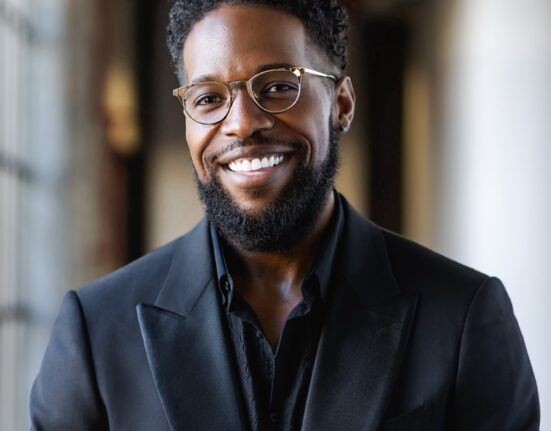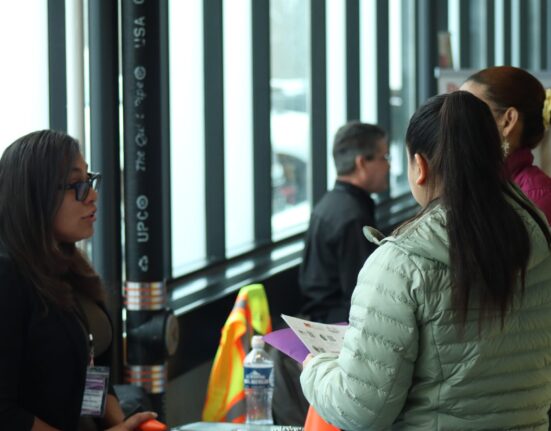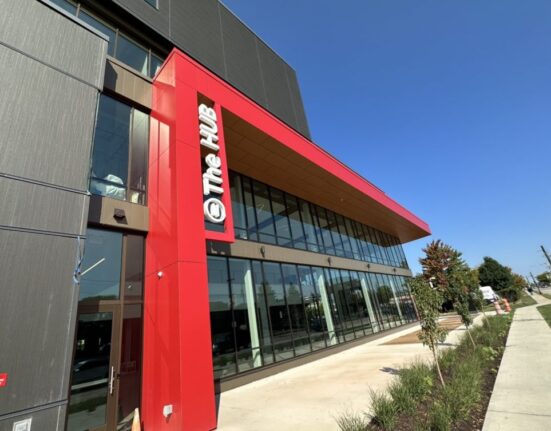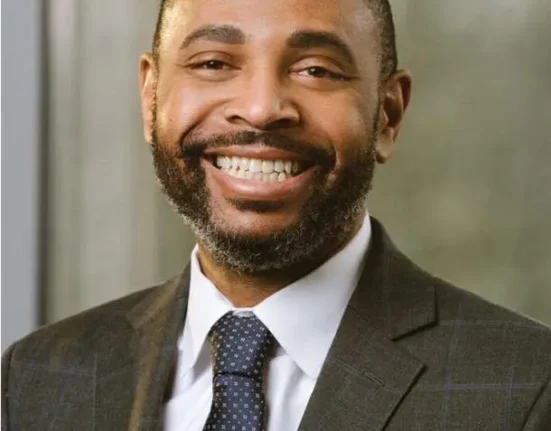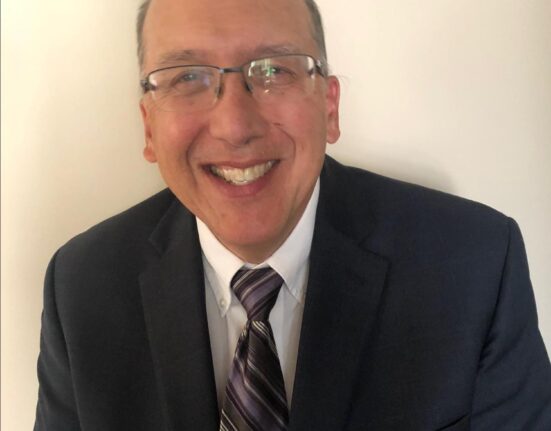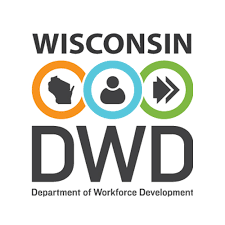
“It’s going to be very much a learning experience.”
That’s what Justice Castañeda has to say about the first-ever Wealth Literacy Conference, set for this Saturday at Goodman Community Center.
Blueprint365 is the media sponsor of the event.
Castañeda is executive director of Common Wealth Development, a local nonprofit that, in Castañeda’s words, does “violence prevention through low income housing, support for small businesses, and workforce development for youth and adults.” He is also a PhD candidate at UW-Madison researching topics around community wealth.
Conference organizers Afra Smith and Veronica Barnes will join Castañeda and Madison College VP of Equity, Inclusion, and Community Relations Dr. Damira Grady on a noon panel titled “Economic Opportunity for People of Color.”
The conference runs from 8:30 am until 3 pm and will feature presentations from:
- Dr. Dominique Pritchett, Founder of Beloved Wellness Center, Licensed Therapist, Wellness Strategist
- Victor Patterson, VP of Human Resources
- DeniseAli (D.A) Anderson-DAS, Finance and Commercial Real Estate Executive
- Valeah Foy, Founder of Valeah Rae Coaching
The organizers have been clear that they’re looking to move the conversation from personal finance to personal wealth – a narrative shift that Castañeda supports.
“When we’re thinking about wealth generation, it’s more than just maximizing profit, and more than just accumulation of money,” he said. “There’s a lot more to it, in terms of community level wealth generation, than just personal finances … I’m going to bring some concepts around democratic wealth generation that I think are necessary for us to think about, especially in Madison.”
One of those concepts is “transaction cost,” especially for people of color.
“There’s a lot to be said about wealth generation that has to do with reducing transaction costs. For folks of color, we have to deal with a lot of transaction costs just from being alive,” he said. A former math teacher, Castañeda saw those transaction costs play out in the classroom.
“If a child came into my classroom with wet feet and an empty stomach, it didn’t matter if we had Yoda in that classroom, that kid wasn’t learning algebra today,” he said. “It had nothing to do with the quality of instruction. And so this is what I’m saying about transaction cost – even though there’s a return on investment, that is being compromised by the fact that all these other things are not in place … When you think about this in terms of the money that we put into programs … some of that money is being absorbed by this type of constant stress.”
Castañeda also said government structures and policies – especially around land use – contribute to disparities in wealth, but not in the ways you might think.
“A lot of the way that we’re thinking about wealth as it pertains to homeownership needs to be rethought,” he said. “There’s a lot of myths around that relationship. And I can make a compelling argument that actually renting is a much more effective way to generate wealth over time than taking out a mortgage. Home ownership was the vehicle that white supremacy used to restrict access to wealth for generations.”
Though many of the concepts Castañeda is bringing to the table are academic in nature, he said the event is really catered toward “working folks.”
“This is kind of a ‘for the people’ thing, and I really appreciate everything that (Veronica and Afra) are doing to make this really accessible to folks,” he said.
Ticket sales have ended but you can put yourself on a waiting list by contacting the organizers through Instagram, Facebook or LinkedIn at @wealthliteracyconference.
We do And then we throw a party every September called the Willie Street Fair.
When I think about community wealth, and wealth generation, it’s a lot more than just maximizing profit.
Afra and Veronica are so dynamic.
I’m here as a hybrid. Executive director of Common Wealth Development in terms of the way we work, and then also just me in terms of my theoretics and academic work.
I’m really pulling out a lot of the white papers and stuff that I’ve worked on over the years in academia, just so that I can contribute a little bit to this panel.
People can grapple with the concept of saving for retirement, for instance. These are very basic and accessible concepts around wealth generation, for individuals personal wealth generation.
Land use and economic development policies are really the fundamental drivers of a lot of the disparities that we see. But because it’s more diffused that way, it’s hard and it’s elusive to put our finger on it.

